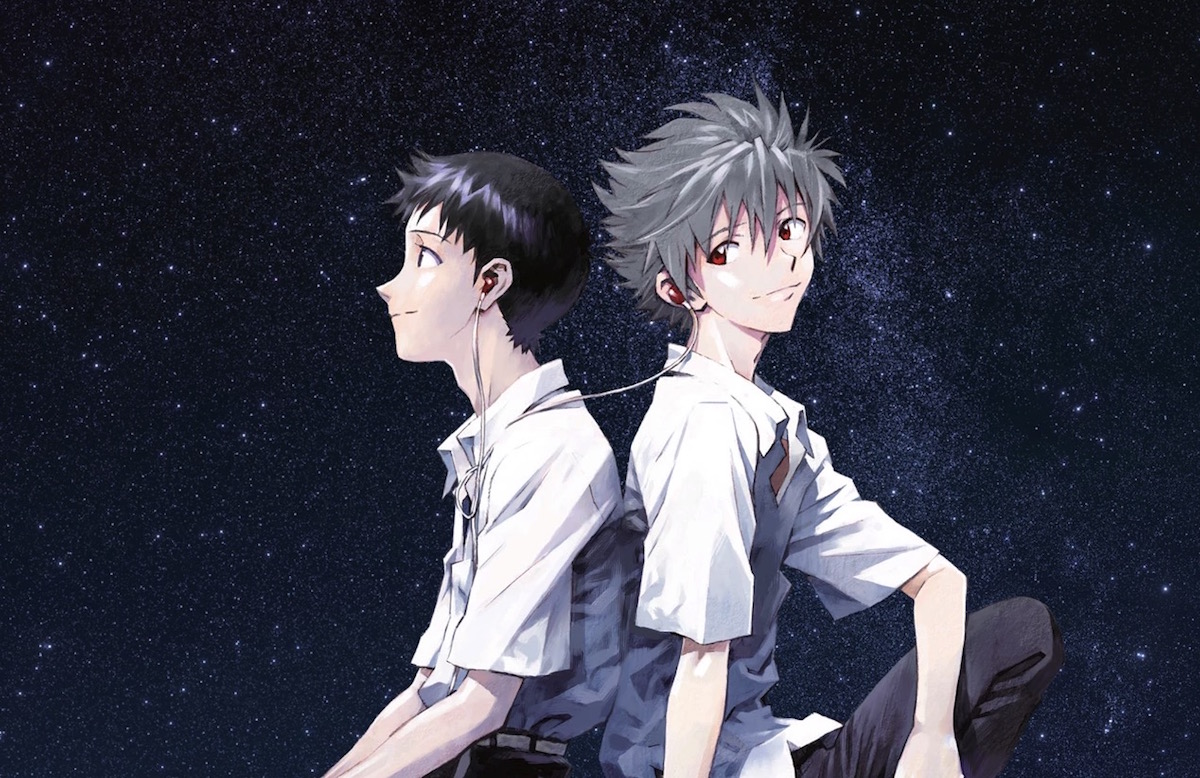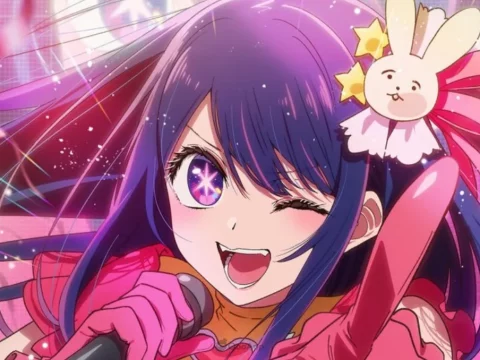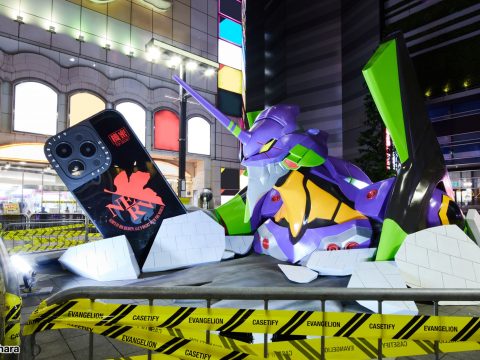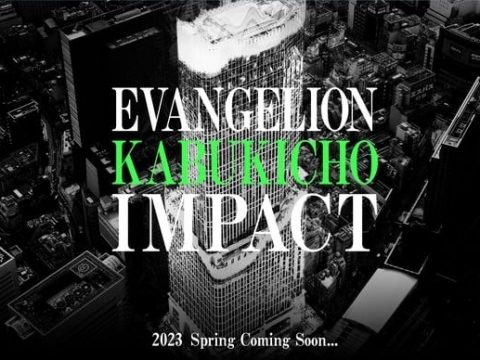
Besides the whole “Fly Me to the Moon” absence, the real controversy surrounding Netflix’s streaming version of the Neon Genesis Evangelion anime has been the brand new translation. Specifically, this translation takes what was previously seen as a pretty direct admission of love from Kaworu to Shinji and changed it to a milder “like,” and long-time fans have expressed their many objections on social media since it launched.
Complaints started pouring in as soon as the series hit Netflix. The line itself comes from episode 24, in which Shinji and Kaworu are both bathing. Kaworu holds Shinji’s hand and tells him he is “worthy of [his] grace,” and when pressed further he says, “It means I love you.” That is, at least, how the old ADV release decided to translate a fairly nuanced phrase. In the Netflix version he says, “It means I like you,” and the line is echoed later when Shinji says, “That’s the first time anybody’s ever said they liked me. Ever.” ADV originally translated “Like” as “love” there, too.
So, we know what most fans who follow the English version think about this, but how about Japan? Here are a select few comments from Japanese website Nijimen, as translated via Anime News Network:
“The issue is whether it was right to revise ‘love’ into ‘like.’ The nuance is ambiguous, but if [the American fans] heard it as ‘love’ first and didn’t have a problem with it, then I can see why they’d be confused when it got changed.”
“As far as the nuance goes, I think that ‘love’ fits better, but for a Japanese person it feels too direct to straight out say ‘I love you’ (愛してる), so normally you’d say ‘like’ to convey the gist.”
“Personally, I like it when characters express love but make out that they just ‘like’ the other person. It’s very like a Japanese person to not express their feelings too directly when they’re in love. It’s realistic. Also, depending on the way the words are said, it changes the vibe of the scene.”
“Kaworu-kun is expressing ‘love’ but making out that it’s ‘like.’ That’s the nuance behind his love…”

Be sure to check out more responses over at ANN in the article by writer Kim Morrisy, who also exchanged emails with official Evangelion translator Dan Kanemitsu. In response to Japanese fan comments like “Ask [Eva creator Hideaki] Anno!,” Kanemitsu shared a translated excerpt from a companion book for the Evangelion anime.
Here’s what Anno had to say on the matter:
Anno: [Eva is a work] where the remaining process [of completing the work] is in the hands of the audience. I place strong emphasis in that relationship. After you get to a certain point, I want them to make their own judgment. There are portions where things are left ambiguous, so it all depends on how you view [and judge it for yourself.] I think the character of the person [e.g. a personality] reveals itself in that process. [Eva is a work] where if 10 people watch it, not all of the 10 will [compliment] it. In that sense, it’s very Japanese.
Some are calling Kanemitsu and studio Khara’s new translation a form of queer erasure, while others are simply chalking it up to a different interpretation of the dialogue. ANN writer Morrisy also has some very interesting thoughts from the perspective of a translator, so you should absolutely read the full article for more.
Once you’re done, let us know what you think of Netflix’s version of Evangelion. Do you like the new translation? How about the dub? Leave a comment below!
Source: Anime News Network







